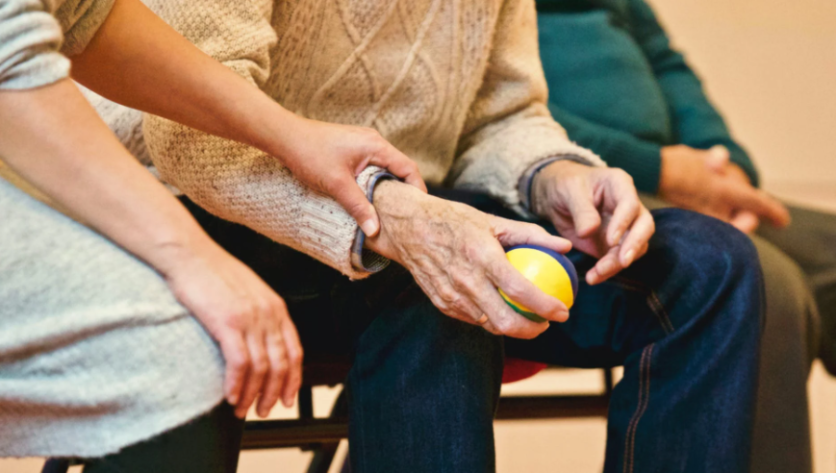
Australian researchers have finally unveiled a pioneering technology that can deliver real-time and non-invasive resident monitoring and alerts intended for the aged care industry.
REMi smart monitoring system
REMi, the world's first smart monitoring system, features sensor technology developed by the RMIT University. REMi has been launched by Australian researchers and an advanced manufacturing company called Sleeptite.
REMi sees the fundamental research taken from the labs of RMIT and translated into a commercial outcome. It is supported by an Australian Government Cooperative Research Centers -Project or CRC-P grant.
The Australian Minister for Industry, Science and Technology Karen Andrews joined Sleeptite at their test facility and manufacturing home in Melbourne to launch the smart monitoring system and learn more about the next phase for the technology. They added aged care field trials and wanted an advanced manufacturing push.
According to Medical Express, Andrews stated that innovative partnerships between researchers and industry are important to solving problems and translating them into commercial outcomes.
Integrated sensing and data platform
REMi is a three-part system that has flexible sensors integrated into a medical-grade mattress cover, the backend platform that analyses the data, and the front-end user interface delivering the insights that are important for the aged care workforce.
Researchers have set the REMi system apart from existing aged care monitoring devices, as per Pulse It Magazine.
Researchers described REMi as having flexible and stretchable sensors that can monitor the movement and the vital signs when embedded in materials sitting externally in the human body. These features are developed by the Royal Melbourne Institute of Technology or RMIT.
Also, the advanced manufacturing equipment and processes that REMi has is developed by Sleepeezee Bedding Australia.
REMi has been created to enable the aged care workforce to non-intrusively monitor aged residents during the night and to get alerts at vital moments like when an aged resident gets into an accident.
Using the technology, aged care workers will be able to determine the presence and the absence of a person in bed. They can also get important information about their position on the mattress.
The technology allows them to detect any signs of abnormality or potential health risks like the patient's state of sleep or distress, as well as to give valuable insights into the understanding or prevention of falls.
REMi can give macro-data to facility managers, ensuring that quality care can be benchmarked and easily monitored and that facilities can easily, accurately, and scientifically provide evidence of quality care to regulatory bodies, the families of the aged patients, and the government.
The testing shows that the technology can monitor more health parameters, including respiratory and heart rate readings, with future developments to be added as field trials starting in the next few months.
RMIT Deputy Vice-Chancellor Research and Innovation and Vice-President Professor Calum Drummond said that strong partnerships with the industry were at the heart of RMIT research.
Drummond stated that their goal is to bridge the gap between research and impact for the benefit of the community.Drummond added that through these types of deep collaborations, they could help accelerate the translation of university research into new technologies and play an important role in boosting Australia's sovereign capability and helping drive their economic recovery.
Bill Mantzis, the Managing Director of Sleepeeze Bedding Australia, said that advanced manufacturing techniques would ensure Australia's global competitiveness and help generate demand for local jobs.
Related Article : MIT Researchers Develop Wireless Sensors to Assist Patients Properly Using Insulin Pens and Inhalers
This article is owned by Tech Times
Written by Sieeka Khan
![Apple Watch Series 10 [GPS 42mm]](https://d.techtimes.com/en/full/453899/apple-watch-series-10-gps-42mm.jpg?w=184&h=103&f=9fb3c2ea2db928c663d1d2eadbcb3e52)



